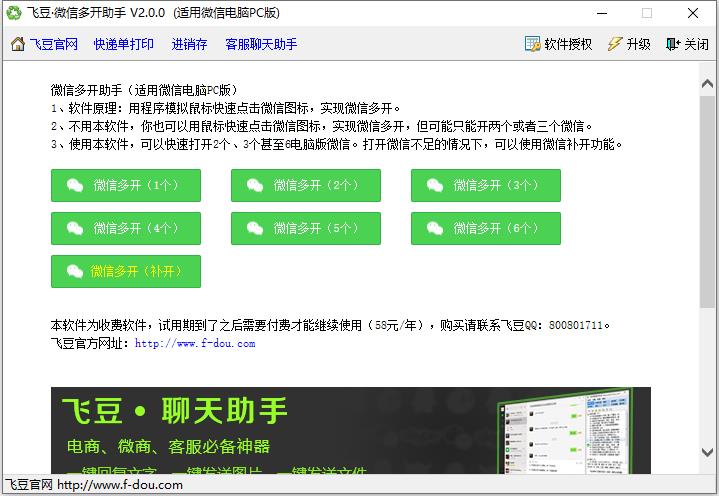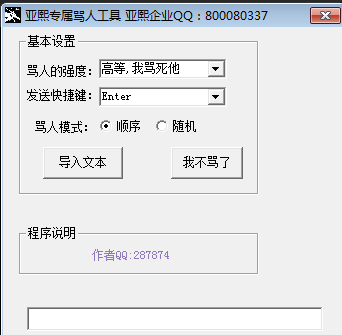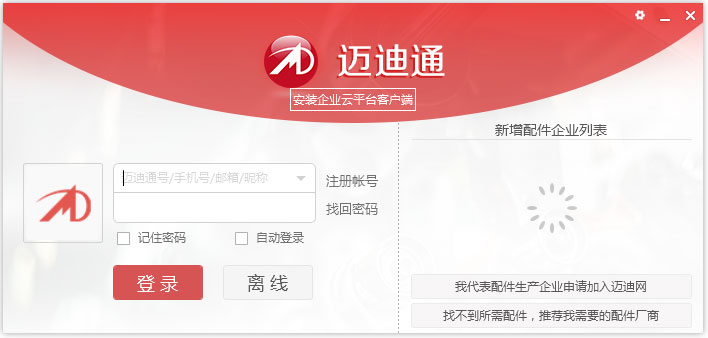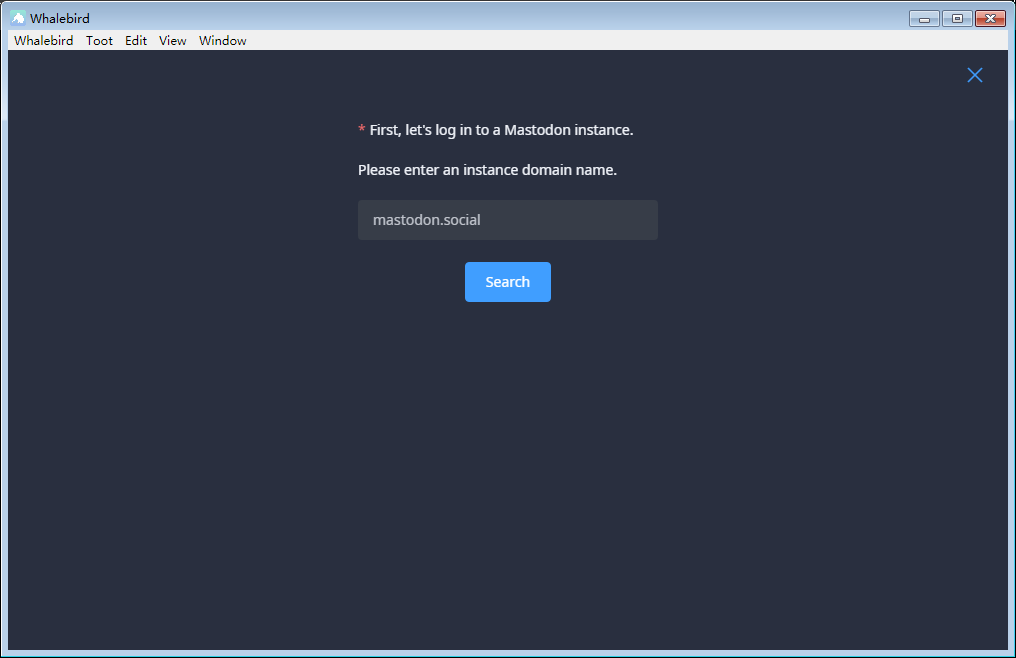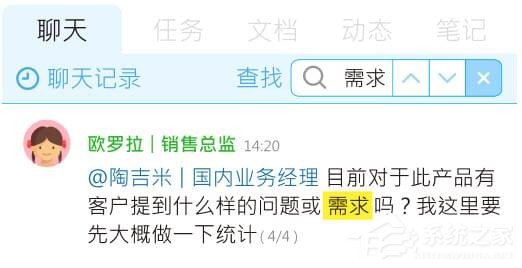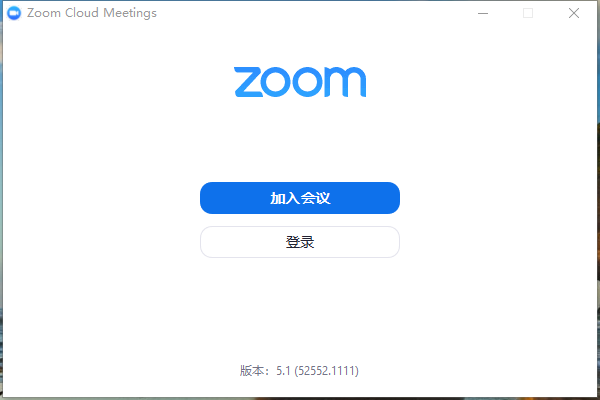go语言怎么将整型转为字符串
时间:2022-12-28 10:35
转换方法:1、用fmt包的Sprintf(),支持格式化变量转为字符串,语法“fmt.Sprintf("%d", num)”;2、用strconv包的Itoa(),支持将int类型转换成字符串,语法“strconv.Itoa(num)”;3、用strconv包的FormatInt(),支持将int64类型转换成字符串,语法“strconv.FormatInt(num,10)”。 本教程操作环境:windows7系统、GO 1.18版本、Dell G3电脑。 在实际开发中我们往往需要对一些常用的数据类型进行转换,如 string、int、int64、float 等数据类型之间的转换。 1、fmt.Sprintf fmt 包应该是最常见的了,从刚开始学习 Golang 就接触到了,写 ‘hello, world’ 就得用它。它还支持格式化变量转为字符串。%d 代表十进制整数。 使用示例: 2、strconv.Itoa Go语言中的 strconv 包为我们提供了字符串和基本数据类型之间的转换功能。strconv 包中常用的函数包括 Atoi()、Itia()、parse 系列函数、format 系列函数、append 系列函数等。 其中Itoa()函数支持 int 类型转换成字符串 使用示例: 运行结果如下所示: 3、strconv.FormatInt 支持 int64 类型转换成字符串 使用示例: 1、strconv.Atoi 比较常见的方法 使用示例: 2、strconv.ParseInt 功能非常强大 参数1 数字的字符串形式 参数2 数字字符串的进制 比如二进制 八进制 十进制 十六进制 参数3 返回结果的bit大小 也就是int8 int16 int32 int64 使用示例: 【相关推荐:Go视频教程、编程教学】 以上就是go语言怎么将整型转为字符串的详细内容,更多请关注gxlsystem.com其它相关文章!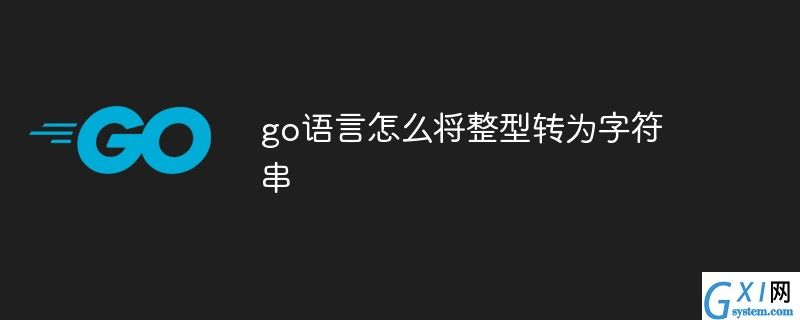
int整数转字符串
//Sprintf formats according to a format specifier and returns the resulting string.
func Sprintf(format string, a ...interface{}) stringstr := fmt.Sprintf("%d", a)//Itoa is shorthand for FormatInt(int64(i), 10).
func Itoa(i int) string
func main() {
num := 100
str := strconv.Itoa(num)
fmt.Printf("type:%T value:%#v\n", str, str)
}
参数 i 是要被转换的整数, base 是进制,例如2进制,支持2到36进制。//FormatInt returns the string representation of i in the given base, for 2 <= base <= 36. The result uses the lower-case letters ‘a' to ‘z' for digit values >= 10.
func FormatInt(i int64, base int) string
str := strconv.FormatInt(a, 10)
扩展知识:字符串转int整数
// Atoi returns the result of ParseInt(s, 10, 0) converted to type int.
func Atoi(s string) (int, error)
i,err := strconv.Atoi(a)
// ParseInt interprets a string s in the given base (0, 2 to 36) and
// bit size (0 to 64) and returns the corresponding value i.
func ParseInt(s string, base int, bitSize int) (i int64, err error)
i, err := strconv.ParseInt("123", 10, 32)
